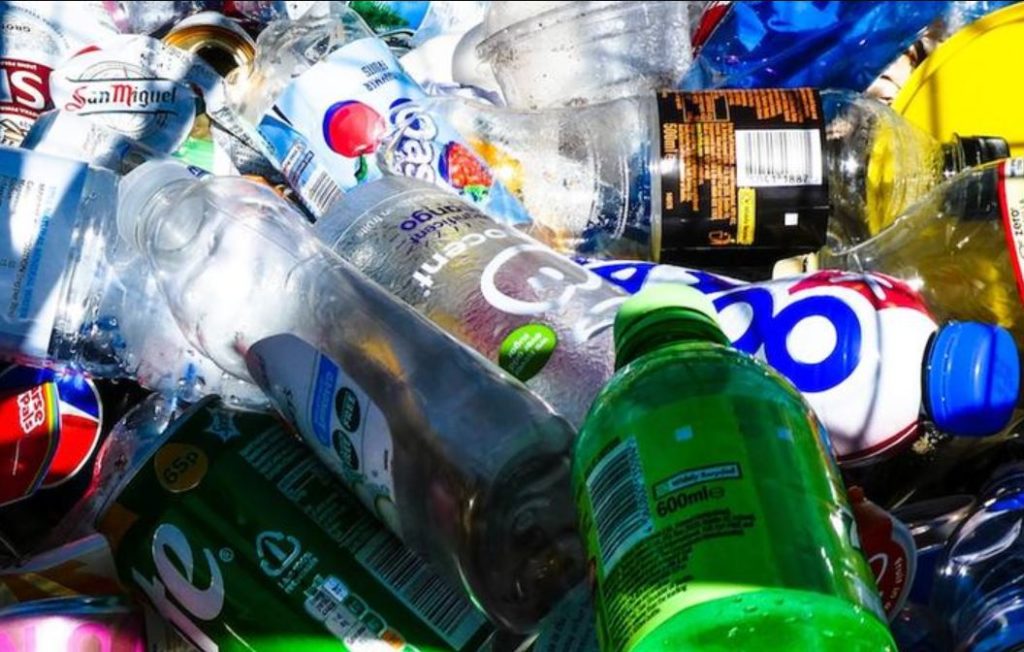
Heart disease is the Number 1 killer in the United States.
Brain, right lung, left lung, heart, right kidney, left kidney.
Watch, Learn, and Live Library
copyright American Heart Association
While currently available PCSK9 inhibitor medications to lower cholesterol must be administered every few weeks by injection, a new, investigational PCSK9 inhibitor called recaticimab safely lowered bad cholesterol more than 50% when injected every 1-3 months, depending on dose.
A new PCSK9 inhibitor (recaticimab) injected every one to three months may work safely and provide more flexible dosing to lower cholesterol, according to late-breaking science presented today at the American Heart Association’s Scientific Sessions 2023. The meeting, Nov...
Read More









Recent Comments